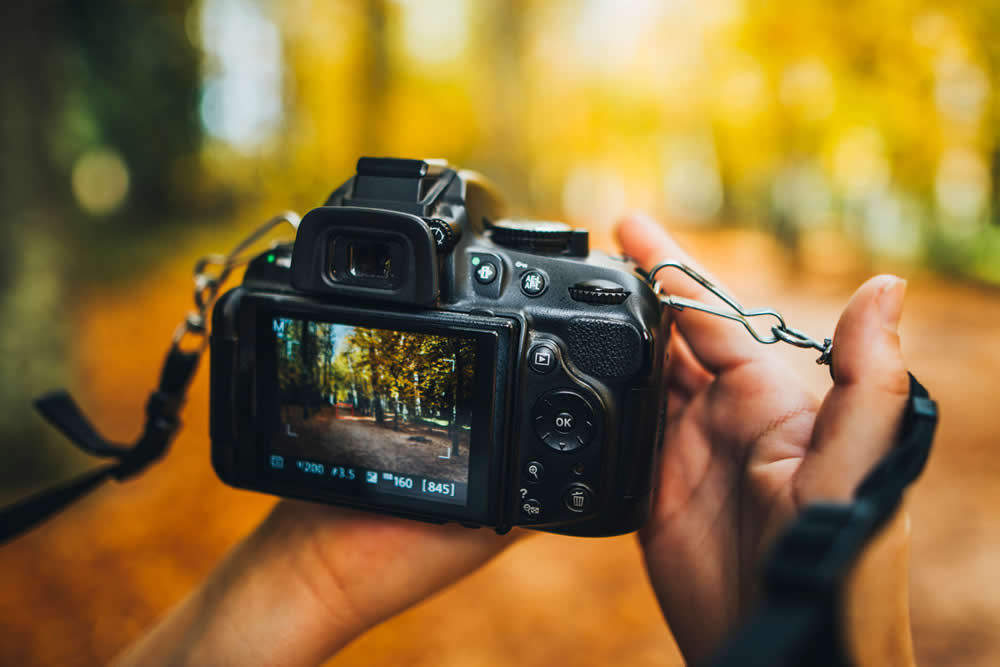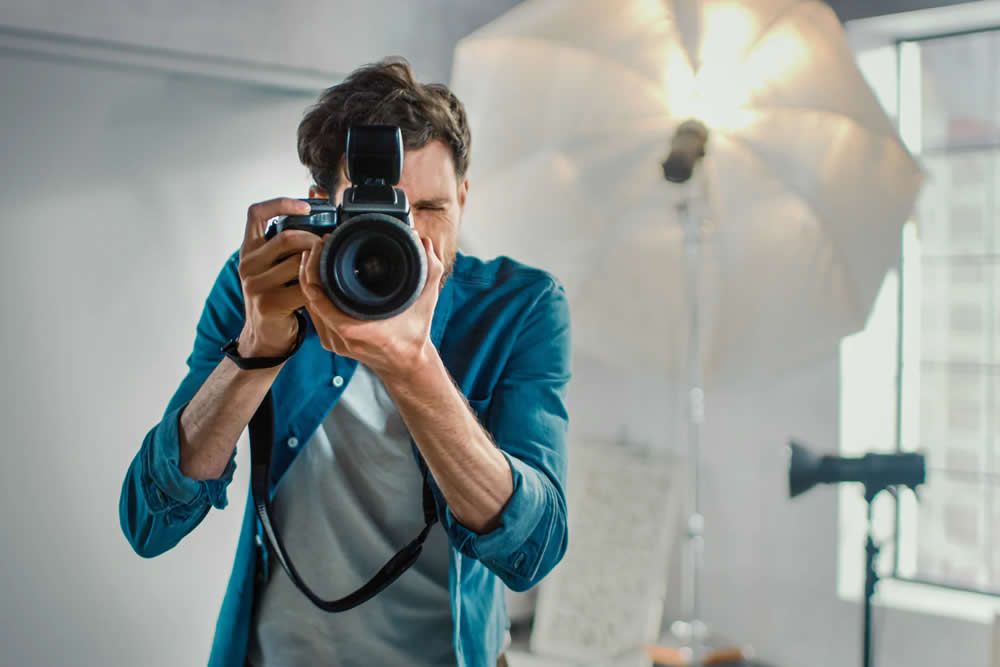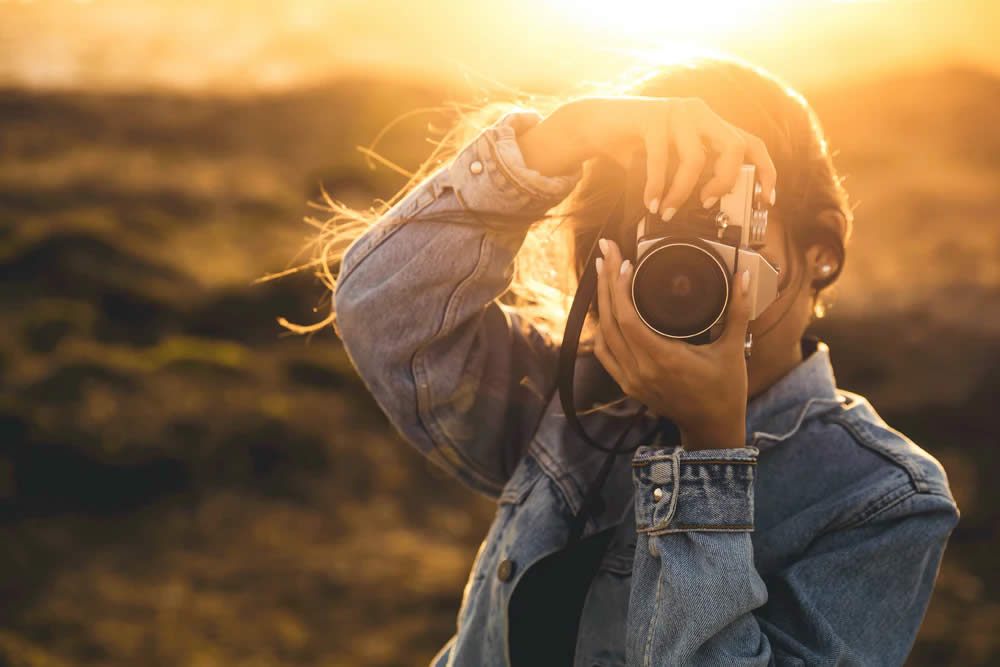Digital technology has made it easier and more affordable than ever before to create high quality photographs without any specific training or knowledge.
Considering the ease with which untrained photographers can produce visually pleasing images, it can be easy to assume that digital gadgets can replace technical knowledge and photographic training.
Digital photography and the widespread use of image editing software have democratised the art of photography, but this does not mean that photographic study has become redundant or unnecessary. There are still many good reasons to study photography.
Skills which must be taught
Creative photography utilises a number of skills and forms of technical knowledge which require a level of understanding which cannot be easily self-taught.
Digital photography makes it quick, easy and cheap to take multiple pictures, which increase the odds of capturing good images by chance.
For aspiring photographers with a talent for image composition, this can yield some good results.
Composition is, however, only one of many skills utilised by photographers – and a good understanding of lighting, exposures and other technical aspects of the art form can open up a range of creative and technical options which are not available to those who are self-taught.
Photo By: Siddharthan Raman
Comfort zone
Photographers who are self-taught tend to focus on their photographic interests, rather than explore outside of the specific style or subject matter which initially catches their attention.
This can allow them to develop a narrow range of skills, but photographers who have a well-rounded knowledge of different photographic approaches, outside of their ‘comfort zone’ – are generally far more adaptable.
Courses which include a range of study subjects, practical assignments and the application of a variety of technical elements can give photographers – whether their work is professional, hobby or artistic – more stylistic and technical flexibility.
Visual literacy
Training in visual literacy and image analysis an help students develop their technical and creative eye.
A sound understanding of image creation can help photographers compose better quality images and approach their work with a discerning appreciation for how pictures are put together.
When they have the ability to analyse and deconstruct the various elements which make up any image, the critical abilities of photographers are enhanced beyond those of someone with an untrained eye. This can greatly enhance the diversity and creative results of their work.
Photo By: Siddharthan Raman
Social networks
Regardless of the type of photography a student may wish to study and produce, there are a number of benefits to be gained from interacting with other people working in the same creative field or industry.
Attending classes or workshops can help build contacts, expose students to different perspectives and a form community of photographers, which can be invaluable for any budding artist or professional photographer.
Photographers do not need to attend classes to teach them to use a camera, especially in the digital age.
However, some elements of creative photography are best learned, and developed, in an educational environment.













